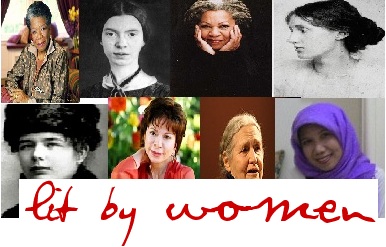
This book, the actual book and the story inside it, has an emotional value to me since it is my grandfather’s favourite book. He read it in his youth and since my early teenage years he has always insisted that I read it. I’ve postponed the reading of this book for many years, maybe because the title led me to think that the book would be somewhat preachy (BIG MISTAKE), but on January I found myself looking at this old tome in my grandfather’s library and decided to give it a try.
The story is about Stephen Fermoyle, an American priest of Irish roots, and its path in the Church. It starts in a ship, somewhere in the middle of the Atlantic Ocean and in it, there is a young american priest who’s returning to the USA after completing his clerical education in Rome. Stephen Fermoyle appears in front of our eyes as a very intelligent, charismatic young priest, full of idealism and desire to serve the church. I don’t want to get too much into the plot but I would just like to say that the story follows the ups and down’s of Stephan career through is youth until is late adulthood.
Stephan Fermoyle grew throughout the book, he became more calm and less idealistic though he never lost his charisma and strength of character and above all, no matter how difficult the situation was he always remained true to his beliefs (sometimes I couldn’t be more revolted with this but I believe if Robinson had made Fermoyle act in a different way it would seem really odd). Also I liked that way the characters that appeared in the first stages of the novel later reapered, also grown and changed but without losing their essence. Sometimes, authors neglect this aspect but Robinson handled it perfectly.
Another thing that really stands out in the book, besides the beautifully crafted characterization, is the lyrical writing style. Henry Robinson besides a novelist was a talented poet and that reflects on his writing: the way the words sound,the imagery and metaphors, all show a talent that not all novelist have.
One of the aspects I enjoyed in this books was the way t the author managed to mix together historical aspects of the 20’s and 30’s with the made up stuff. One thing that I found very interesting and that it wasn’t explored in the books I read about that era is the way t the Vatican was involved in the International Relations. I found fascinating to read about the paper that embassadors from Vatican had in the attempt to prevent the IIWW.
Now, being this a book about a catholic priest there are a few issues dealt in the book that I don’t agree with. like the impossibility of priest marrying, and that the use of birth control is a sin. Though I don’t agree with the views written in the book about this topics, I found interesting to understand the “other side”.
The Cardinal was a book that I really enjoyed reading, it gripped me not only because of the beautifully writing and because of the well crafted characters but also because the story stays with us. Though I’m not religious myself, some of the values and lessons transmitted in the book are (or should be) universal, and in many ways I believe Stephen Fermoyle is a role model. Unfortunately this book is not published nowadays, but, if I were you, I would go look for it at the library 🙂





 Every Secret Thing tells a mystery that spans through time and place.
Every Secret Thing tells a mystery that spans through time and place.
